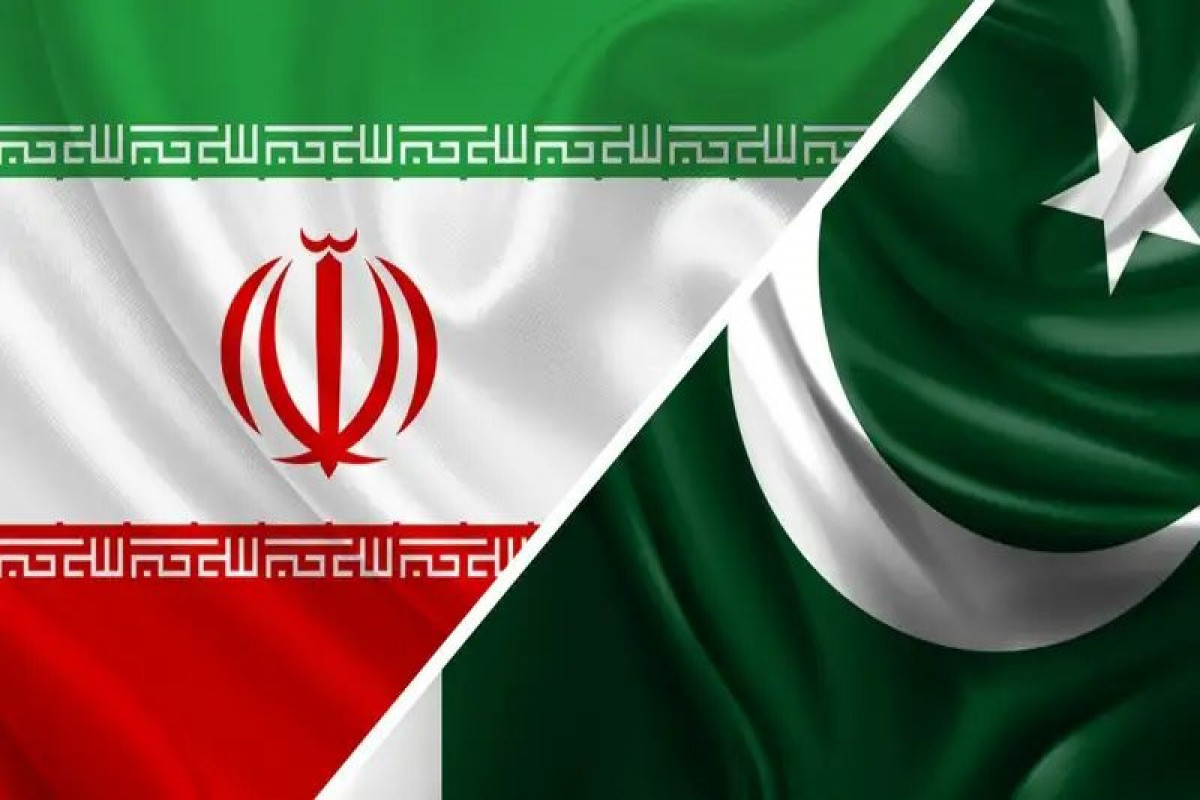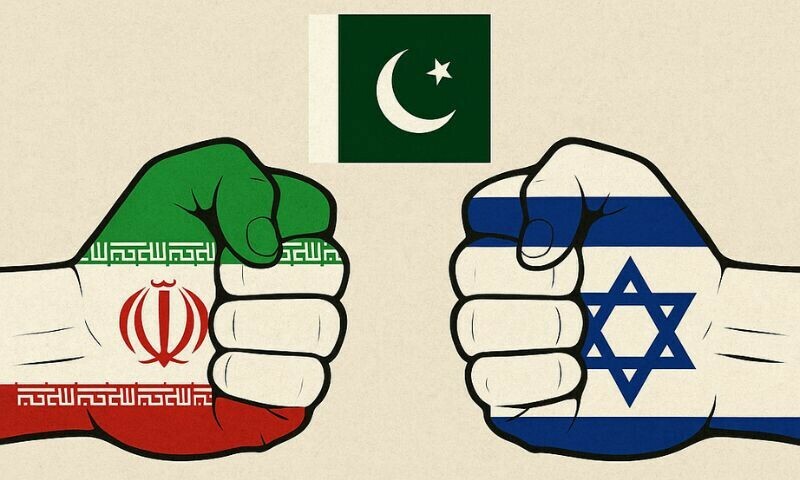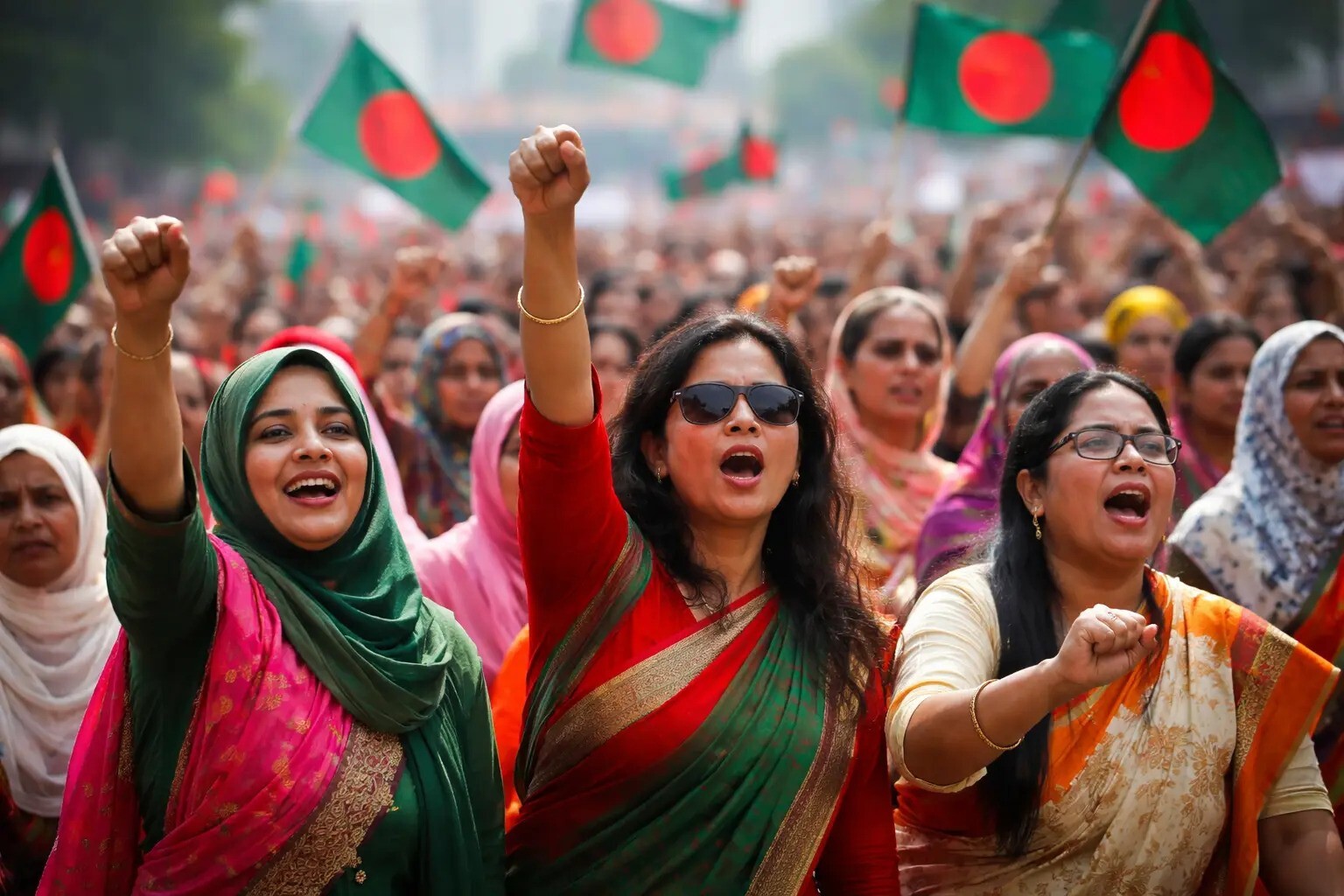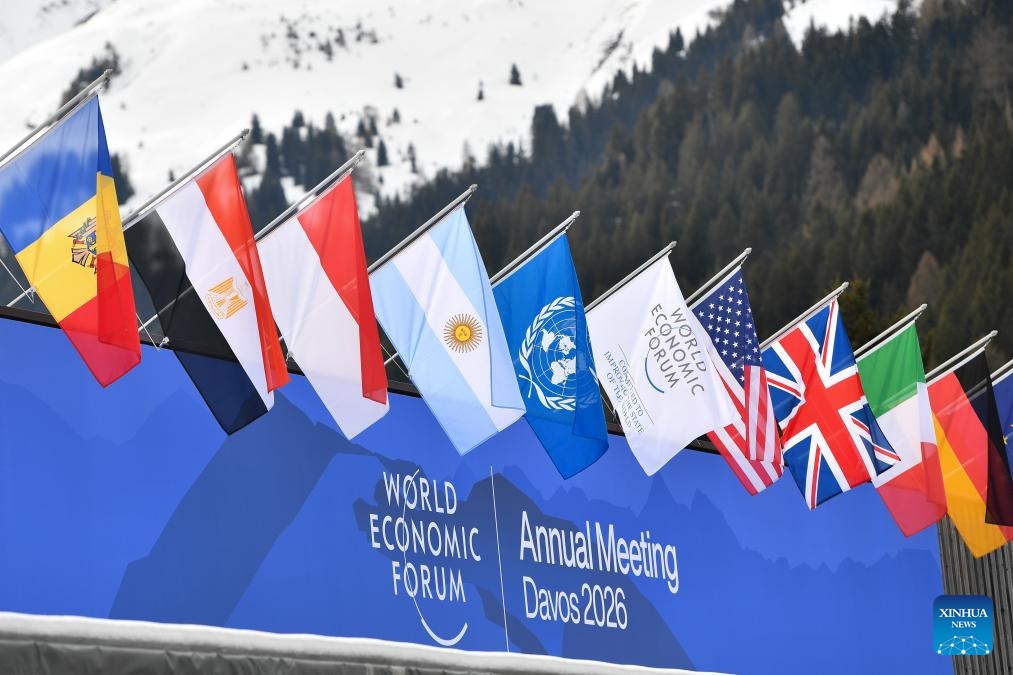The latest escalation in hostilities in the form of Iran-Israel airstrikes has sent geopolitical shockwaves throughout the Middle East and beyond. While the focal point of this clash remains the contested landscapes of the Levant and Persian Gulf, the ripples have reached South Asia—particularly Pakistan. As a key player in the Islamic world and a nuclear-armed nation with deep economic, strategic, and sectarian sensitivities, Pakistan finds itself in a precarious position.
1. Pakistan’s Traditional Cordial Ties with Iran
Pakistan and Iran share a long history of diplomatic, religious, and cultural camaraderie. Iran was the first country to recognize Pakistan after its independence in 1947. Over the decades, despite occasional irritants, the relationship between the two neighbors has remained largely cooperative. Shared linguistic, religious, and cultural heritage—particularly among the Baloch populations on both sides of the border—has formed a societal bridge.
Both countries have also been part of regional economic platforms such as the Economic Cooperation Organization (ECO). Furthermore, Pakistan has often publicly acknowledged Iran’s strategic importance in regional stability and energy connectivity, notably through projects like the Iran-Pakistan gas pipeline (though stalled due to U.S. sanctions). On the other hand, Pakistan doesnot recognize Israel and there are no diplomatic ties with the zionist state.
However, balancing this relationship has grown increasingly complex, particularly under the shadow of sectarian tensions, Pakistan’s growing ties with Saudi Arabia, and shifting regional alliances. In the context of the Israel-Iran conflict, maintaining this historic relationship while managing competing interests becomes a critical diplomatic challenge for Islamabad.
2. Diplomatic Tightrope: Caught Between Allies

Pakistan’s foreign policy has always been defined by a delicate balancing act—especially in West Asia. On one hand, Iran is a neighboring Muslim-majority country with whom Pakistan shares deep civilizational and religious bonds. On the other, Pakistan maintains a strategic and economic partnership with the United States and is closely aligned with Saudi Arabia and the Gulf states—many of whom view Iran with suspicion and share quiet security ties with Israel.
Given these intersecting loyalties, Islamabad has opted for a position of “principled neutrality,” calling for de-escalation between Israel and Iran while refraining from overt condemnation or alignment. However, as the conflict intensifies, this balancing act will become increasingly difficult to maintain.
3. Economic Fallout: Rising Oil Prices and Fiscal Stress
One of the most immediate consequences of the Israel-Iran confrontation has been the volatility in global energy markets. With oil prices spiking due to fears of supply disruptions in the Persian Gulf, countries like Pakistan—heavily dependent on imported oil—face heightened inflationary pressures.
The Pakistani rupee has already depreciated in anticipation of higher import bills. The State Bank of Pakistan is expected to maintain high interest rates (around 12%) to curb inflation, delaying any growth momentum for the fragile economy. The disruption of trade routes via the Strait of Hormuz would also affect Pakistani exports and increase costs for vital imports like LNG and refined petroleum.
These economic strains come at a time when Pakistan is negotiating with the IMF for continued fiscal support—making the country highly vulnerable to external shocks caused by regional instability.
4. Security Concerns due to Iran-Israel tussle
The security implications for Pakistan are particularly acute along its western border with Iran. Tensions flared in early 2024 when Iran launched missile strikes in Pakistan’s Balochistan province, claiming to target militant camps affiliated with Jaish al-Adl. Pakistan responded militarily, resulting in a brief diplomatic standoff.
This incident highlighted how easily regional conflicts can spill over into Pakistan’s territory. With Iranian and Israeli proxies possibly expanding their theaters of conflict, Pakistan’s border regions—especially Balochistan—remain vulnerable. Increased militarization, cross-border militancy, and sectarian reprisals are credible threats if hostilities escalate further.
5. Sectarian Undercurrents: A Threat to Internal Stability
Pakistan’s sectarian makeup includes a significant Shia minority—between 15–20% of its population. Over the years, sectarian tensions have flared intermittently, often influenced by Middle Eastern rivalries between Iran and Saudi Arabia.
The Iran-Israel conflict risks reactivating these latent sectarian divisions. Inflammatory propaganda, foreign funding of religious groups, and political mobilization along sectarian lines can contribute to internal unrest. Already, clerical voices from both sects are using the conflict to rally public opinion, which if unchecked, could polarize communities and weaken national cohesion.
6. Impact on Public Opinion and Political Discourse
In Pakistan, public sentiment is overwhelmingly sympathetic to the Palestinian cause and hostile toward Israel. Any perceived tilt toward a neutral or Israel-friendly position by the Pakistani government could trigger public backlash and protests. Islamist parties, student groups, and civil society have historically used such conflicts to galvanize political support.
Therefore, even though Islamabad may wish to play a neutral or mediating role in the Iran-Israel conflict, it must tread carefully. The domestic political cost of appearing indifferent to Iranian suffering or not explicitly condemning Israeli aggression could be steep.
7. Geopolitical Dynamics: The China Factor
China, Pakistan’s “all-weather ally,” has significant investments in Iran, particularly in the energy and infrastructure sectors. Beijing has also been playing a mediating role between Riyadh and Tehran, pushing for de-escalation in the Middle East.
Due to the ongoing Iran-Israel confrontation, Pakistan may find itself gently nudged by Beijing to adopt a position favoring regional stability and against further militarization of the conflict. This opens up a diplomatic opportunity for Islamabad to align with global calls for peace, while reinforcing its strategic partnership with China.
8. Strategic Options for Pakistan
To navigate this turbulent geopolitical climate, Pakistan must pursue a multi-pronged strategy:
-
Neutral Diplomacy: Advocate de-escalation at the OIC, UN, and other multilateral forums while offering to mediate where possible.
-
Border Security Enhancement: Increase military presence and surveillance along the Iran-Pakistan border to prevent militant infiltration and avoid future confrontations.
-
Energy Diversification: Accelerate domestic energy production and explore alternate suppliers (e.g., Central Asia, LNG from Qatar) to reduce dependency on Gulf oil.
-
Public Engagement: Use public diplomacy tools to explain Pakistan’s nuanced stance and prevent sectarian or ideological polarization.
-
Strategic Communication with Allies: Maintain open dialogue with Saudi Arabia, Iran, the U.S., and China to manage misunderstandings and hedge against regional realignments.
The ongoing Iran-Israel confrontation poses a complex and potentially destabilizing challenge for Pakistan. Its traditional ties with Iran, fragile economy, internal sectarian sensitivities, and strategic balancing act between global powers all converge in this critical moment.
Pakistan’s path forward must be guided by strategic neutrality, pragmatic diplomacy, and internal cohesion. By doing so, it can weather the storm of this regional conflict while continuing to safeguard its national interests and uphold its role as a responsible regional stakeholder.



